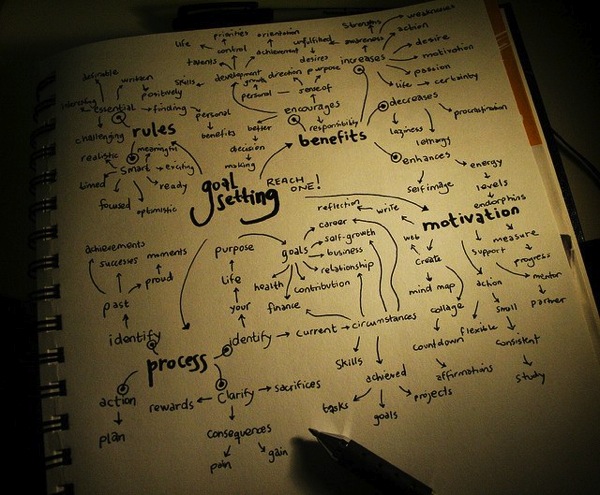We've all been there. In the office, palms sweating, heart racing on the verge of an emotional breakdown.
Last week we had an international air force AOG for a scarce, nonexistent yoke. No, not the egg kind.
Now envision a drill sergeant yelling at you if you screw anything up.
The order was planned, distribution was set. A week later the OEM advised us they had changed their “policies.” Meaning our order isn’t a priority and there’s now an additional lead time.
Thank you corporate structure governed by an aggressive union.
No calls to advise us on status, 10 emails left ignored and a careless attitude because of internal politics and simply not giving a ****.
Companies are horrible at communicating and resolving problems.
This is true for 95% of the industry, big OEM or small, 2 person distributor.
Identify the problem & fix it
Identifying problems and issues is a three step process.
Most people over-complicate the first step and then kick and scream eventually giving up and leaving the customer high and dry.
First step: Identify
This is where you dig down and find the real issue. Most of the time the problem is rarely the real issue. Dig deep to find the cause.
For us we recently had a fire-bottle that needed to go to Uganda on an AOG basis. Every day the freight kept getting bumped and we narrowed it down to the 1.4S HAZMAT classification.
With the real issue identified we could begin discussing resolutions.
Second step: Discuss
In an open and honest environment everyone must share their thoughts, ideas, concerns and possible solutions regarding the issue. After discussing and debating with the greater good in mind, the solution is always simple, though not always easy and sometimes very hard.
For the fire bottle our client and VP discussed and debated collaboratively. No rock was left unturned, no email went unanswered. We were on a mission to get it resolved. A few carriers were crossed out, a bonded warehouse was found and the end destination was possibly going to be changed.
Step 3: Solve
Once a solution has been stated and agreed upon it’s time to take immediate action. Put it on the person who owned it’s to-do list and confirm completion.
We eventually decided that the fire bottle was best to be transported to S. Africa to a bonded warehouse in Johannesburg. Then our clients could take receipt of the goods and install it. A decision was made to redirect the material and that's exactly what happened.
An effective problem resolution strategy is best in conjunction with effective communication.
Once people begin only thinking about themselves and not in a collaborative, team environment, more unnecessary problems will surface.















